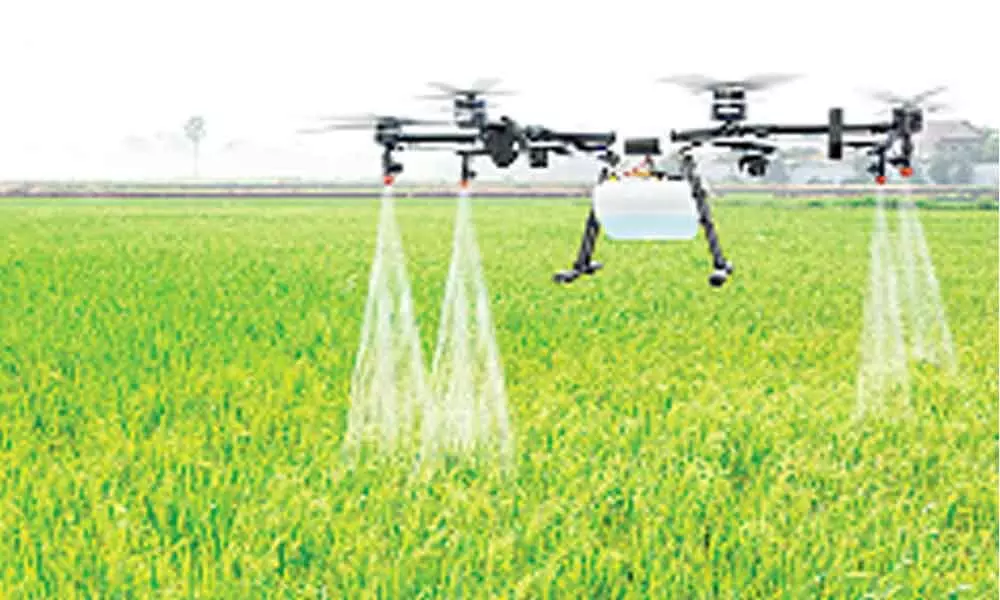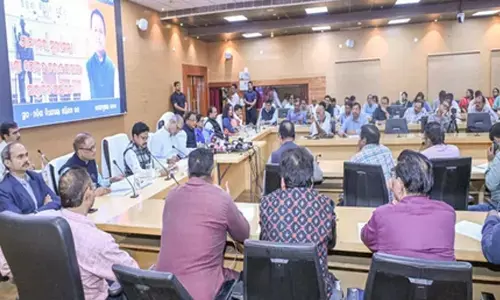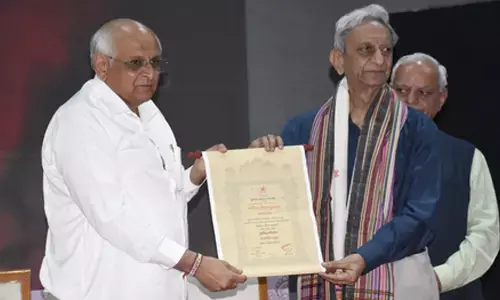AI, other tech tools can help world go hunger-free

In recent years, tech innovators have created exciting new ways to harness the power of technology to enhance the world’s food supply
Just imagine that no one in the entire world will go to bed hungry irrespective of whether they have any money at all. It sounds like a pipe dream or an implausible imaginary world, right? Well, AI-based technologies are underway to make that dream a reality.
It was reported that about 800 million people went without food in the year 2020. And also that about 115 million people suffered from chronic hunger. It's a sad ground reality of today. Some innovators are working on leveraging new technologies to address these harsh realities. Machine learning and other AI-driven technologies aren't just in the dream phase of solving global food insecurity; they are on the ground and in action.
In recent years, tech innovators have created exciting new ways to harness the power of technology to enhance the world's food supply. Agritech innovations protect crops and maximize outputs, enabling structural changes in the agriculture system.
From drones to smartphones, technological advancements are bridging the gap by providing information on climate-smart technologies and practices. Drones are mapping vast tracts of lands to predict the quality and quantity of harvests and QR codes on food items helping customers track products to the farm level. In today's world, food traceability is also becoming important. Retailers like to have food traceability to monitor, track and recall products in case of any issues. Technology will continue to play an increasingly critical role in how the food we eat is produced, packaged, delivered, how it tastes, feels, smells, and reused and repurposed.
Food security broadly means that all people, at all times, have physical, social, and economic access to sufficient, safe, and nutritious food that meets their food preferences and dietary needs for an active and healthy life. Similarly, household food security is defined by the fact that all members, at all times, have access to enough food for an active and healthy life.
The UN recognized the Right to Food in their 'Declaration of Human Rights' in 1948. In particular, Zero Hunger sets globally agreed on targets to end hunger, achieve food security and improved nutrition by 2030.
Food security is essential to a country but is generally challenged by lack of education and political instability, improper governance, financing, slow pace of technology adoption and other governance issues.
One can achieve food security with knowledge of the best practices based on science. Technology solutions have to be well chosen and appropriated for local contexts. They should also ensure high-quality output.
A rapid and sustained increase in productivity is the only solution to feed an ever-increasing population. There is a constant need to develop crop varieties to stabilize production and productivity in agriculture.
Investments in food tech continue to increase to help deliver on the promise of healthier, more sustainable food systems for the world. The funding for food tech has skyrocketed from about $60 million in 2008 to more than a few billion in 2021. This is still relatively small, given the food tech sector's sizeable potential customer base of more than 7 billion people.
An increasing focus by consumers on sustainability, health and freshness has placed significant pressure on the food industry to innovate.
In years past, consumer packaged goods players rushed to deliver on these increased demands - promising convenient, superior-quality food. But falling margins on commodity ingredients, coupled with industry consolidation, have discouraged these efforts and have refocused their attention - leaving the door open for a new wave of intelligent innovators and startups.
While some companies focus on the food itself, many others explore how to process, package and distribute this new wave of sustainable, healthy and innovative food. Industrial food tech is the sub-segment of food tech that focuses on addressing fundamental business model and B2B pain points within the food industry.
All in all, in a decade or two, we will surely see a world where one doesn't need to do jobs they hate to make ends meet. Efficient tech systems will do the hard work of putting the food on the table, giving men the opportunity to chase any creative pursuits they like, placing a higher value on arts, music and such finer aspects of life.
(The author is Chairman and CEO of Hyderabad-based Brightcom Group)











